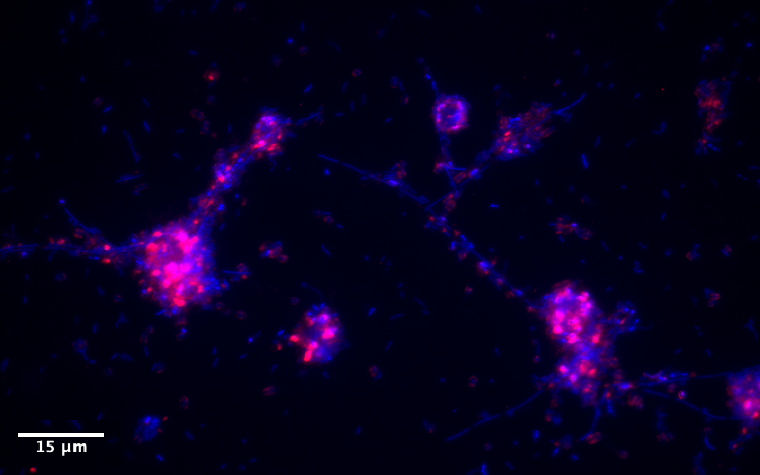
Biological dinitrogen (N2) fixation is a fundamental marine process sustaining primary productivity, the microbial engine that captures CO2 mitigating climate change. Through this reaction, N2 is converted to biologically available ammonia.
This process is carried by a group of microorganisms known as diazotrophs, mainly attributed to cyanobacteria, such as Trichodesmium or UCYN-A. However, recent studies have pointed out the wide distribution and potential contribution to the ocean nitrogen budget of non-cyanobacterial diazotrophs (NCDs) including bacteria and archaea, whose taxonomy, morphology or metabolic activity are yet to be explored.
Contrary to cyanobacteria diazotrophs, NCDs cannot photosynthesize, which renders them dependent on other organic matter sources to meet their nutritional requirements. NCDs are thought to live associated with organic sinking particles, microbial populated particulate marine aggregates which play a crucial role in sinking and sequestration of organic matter in deep waters. This sinking process controls the oceanic carbon cycling and export, but the extent to which microbial processes influence particle degradation and export remains unresolved. Because the microbial colonization of particles has a direct effect on the global carbon budget, the activity and lifestyle of NCDs would thus link both the carbon and nitrogen cycles in the ocean.
MANIOC project will apply an interdisciplinary approach combining microbial oceanography, nanotechnology, genomics, mass spectrometry and modelling to reveal how the phylogeny and metabolism of NCDs is linked with the structure of particles in the ocean. Together, these findings will provide new insights into the identity, lifestyle and colonizing structure of the unexplored particle-associated NCDs, thus improving our understanding of their contribution to fluxes of nitrogen and carbon from surface to deep-oceans, key to accurately modelling their role in global biogeochemical cycles.
The Research Team
MANIOC gathers an interdisciplinary team of researchers :
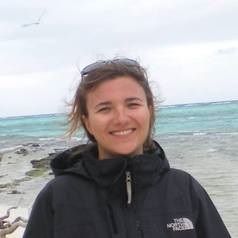
|
Mar Benavides - IRD/MIO Mar Benavides is a microbial oceanographer interested in the interactions between organic matter and bacteria in the ocean.
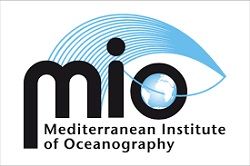
|
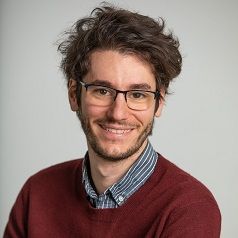
|
Pierre Ronceray - AMU/CINAM Pierre Ronceray is a theoretical physicist interested the laws governing the assembly, mechanical and dynamical properties of living matter.

|
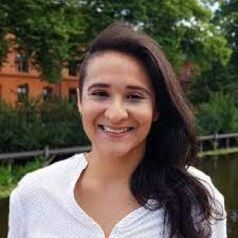
|
Sarahi Garcia - Stockholm University Sarahi Garcia is a molecular biologist studying microbial interactions and their impact in carbon cycling in aquatic environments.
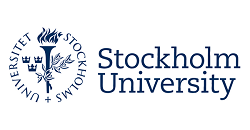
|
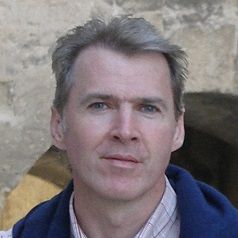
|
Daniel Borschneck - CNRS/CEREGE Daniel Borschneck is an engineer specialized in nanoscale structural and composition analyses of solid matter.

|

|
Angela Vogts - IOW Angela Vogts is an engineer specialized in single-cell mass spectrometry.
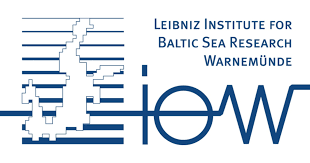
|
Join the team !
Post Doctorate Position
Join the team ! Post Doctorate Position
Kalliopi Pediaditi - Project Manager of the Institute of Ocean Sciences AMU - (OCEAN)
Richard Sempéré - Director of the Institute of Ocean Sciences AMU - (OCEAN)


